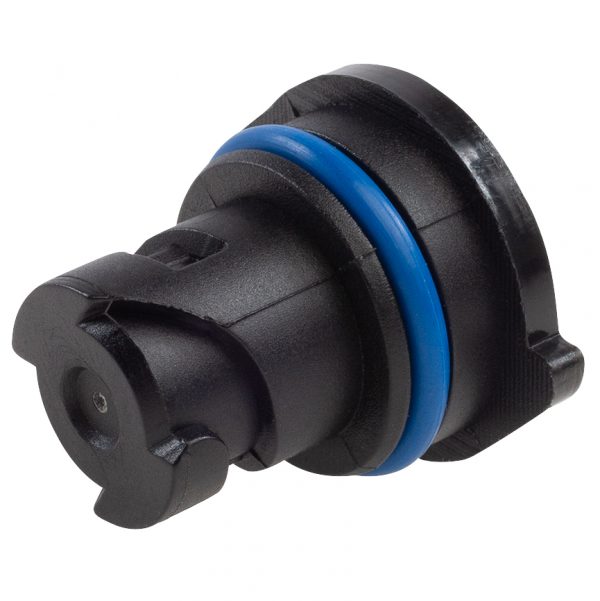hta oil seal
Understanding HTA Oil Seals A Comprehensive Overview
Oil seals, also known as grease seals, play a critical role in various mechanical systems by preventing the leakage of lubricants and contaminants. Among these seals, HTA oil seals have garnered attention for their unique design and application in diverse industries. This article delves into the salient features, applications, and benefits of HTA oil seals, highlighting why they are a preferred choice for numerous manufacturers and engineers.
What are HTA Oil Seals?
HTA oil seals are a specific type of radial lip seal designed to prevent the escape of lubricating fluids while simultaneously keeping dirt, dust, and moisture from entering critical machinery components. They are characterized by their flexible lip, typically made from rubber or elastomeric materials, and a rigid outer casing that allows for easy installation in various housings. The HTA designation often denotes a particular series or technology variant that enhances the seal's performance, durability, and resistance to harsh operating conditions.
Key Features of HTA Oil Seals
1. Material Composition HTA oil seals are manufactured from high-quality materials that can withstand extreme temperatures, pressures, and chemical exposures. Common materials include nitrile rubber (NBR), fluorocarbon (FKM), and silicone, each selected based on specific application needs.
2. Design Flexibility These seals can be customized in terms of size, shape, and profile to fit a wide range of applications. This flexibility makes HTA oil seals suitable for use in everything from automotive engines to industrial machinery.
3. Enhanced Performance The innovative design of HTA oil seals often includes features such as dual lips or excluder lips. These additions provide added protection against external contaminants while ensuring a tight seal to retain lubricants effectively.
Applications of HTA Oil Seals
HTA oil seals are utilized across various sectors, including
hta oil seal

- Automotive In vehicles, HTA oil seals are commonly found in differentials, transmissions, and engine components, helping to maintain optimal performance by preventing oil leaks. - Industrial Equipment Manufacturing machinery often relies on HTA oil seals to protect bearings and gears, thereby prolonging the lifespan of these components and ensuring operational efficiency.
- Agricultural Machinery Tractors and other agricultural equipment use HTA oil seals to safeguard critical parts from environmental contaminants and lubrication loss, enhancing equipment reliability.
- Aerospace The rigorous demands of aerospace applications necessitate reliable sealing solutions, making HTA oil seals an ideal choice for various aircraft systems.
Benefits of Using HTA Oil Seals
The advantages of implementing HTA oil seals in mechanical systems are numerous
- Leak Prevention By effectively sealing lubricants, HTA oil seals help maintain necessary fluid levels, which is crucial for the efficient operation of machinery.
- Contamination Protection The design of HTA seals prevents dust and moisture ingress, reducing the risk of component wear and failure due to contaminants.
- Cost-Effective Maintenance Using high-quality oil seals can significantly minimize maintenance costs associated with leaks and equipment failures, contributing to overall operational savings.
In conclusion, HTA oil seals represent a vital component in modern mechanical engineering. Their robust design, versatile applications, and numerous benefits make them an essential part of ensuring the reliability and efficiency of various machines and equipment. As industries continue to evolve, the importance of high-performance sealing solutions like HTA oil seals will undoubtedly grow, driving innovation and enhancing equipment longevity.
-
The Ultimate Guide to Car Repair Kits: Tools and Essentials Every Driver Should Own
News Aug.01,2025
-
The Complete Guide to Oil Pan Gaskets: Sealing Engine Leaks the Right Way
News Aug.01,2025
-
Preventing Oil Leaks: A Complete Guide to Oil Pan Gaskets and Drain Seals
News Aug.01,2025
-
Everything You Need to Know About Oil Pan Gaskets and Drain Plug Seals
News Aug.01,2025
-
Essential for Car Owners: How to Use a Car Repair Kit to Deal with Minor Breakdown
News Aug.01,2025
-
Comprehensive Guide to Engine Oil Sump Gaskets and Related Seals
News Aug.01,2025
-
The Ultimate Guide to Boat Propeller Bearings and Trailer Wheel Bearings
News Jul.31,2025
Products categories















